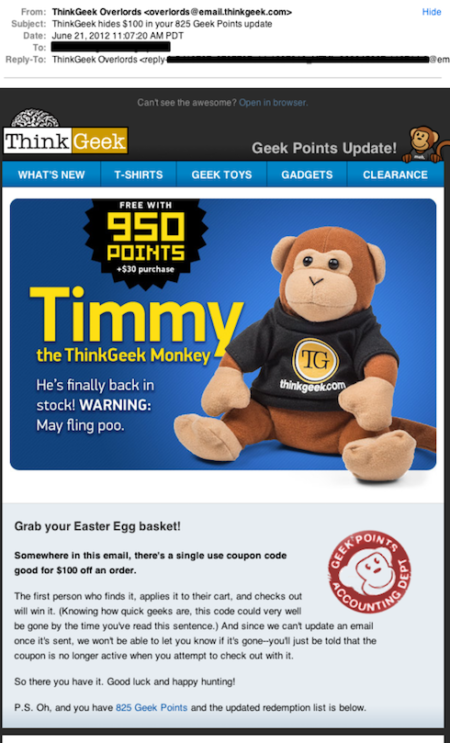I’ve been thinking a lot about motivating people recently. What really motivates people to do things? Why do we make the choices we make? How do you convince people to do things when they’re unsure they want to do those things?
Let me give you an example. Friends of mine are fostering dogs for local rescues. A neighbor of theirs is trying to start a rescue herself. The neighbor is trying to motivate people by posting pictures of dead dogs in garbage bags. On one level, I get the neighbor’s point: that image is what motivates her to take action. But all that’s doing for other people, my friends included, is driving them away from working with her.
What she needs is a better grasp of how to motivate people. She needs to learn how to speak to people in a way that will motivate them to help her. Unfortunately, she thinks that what motivates her will motivate everyone, except it doesn’t. In fact, it’s doing the exact opposite for some people who are actually sympathetic to her cause.
What does this have to do with email?
I’m often surprised at how many marketing professionals can’t or won’t tailor their argument to their audience. Look at filters, many marketers have told me over the years about how mean ISPs are to them, how the ISPs make poor filtering decisions and how what should really happen is marketers should tell the ISPs to fix their filters.
In very few cases, though, have I seen a marketer actually try and talk to an ISP rep on their terms. It seems so simple to me: marketers are people who motivate people for a living so they should be able to market their own wants to ISPs. They just need to find the right message, but they don’t seem to be able to think about things from the ISP perspective.
I’m not sure I actually have an answer. But how do we motivate people to do things has been a major topic in my head recently. I think the best motivation is often to convince the other party that a given course is in their best interest. The tricky bit is selling that message.
How have you sold a message the other party didn’t want to hear?
Read More